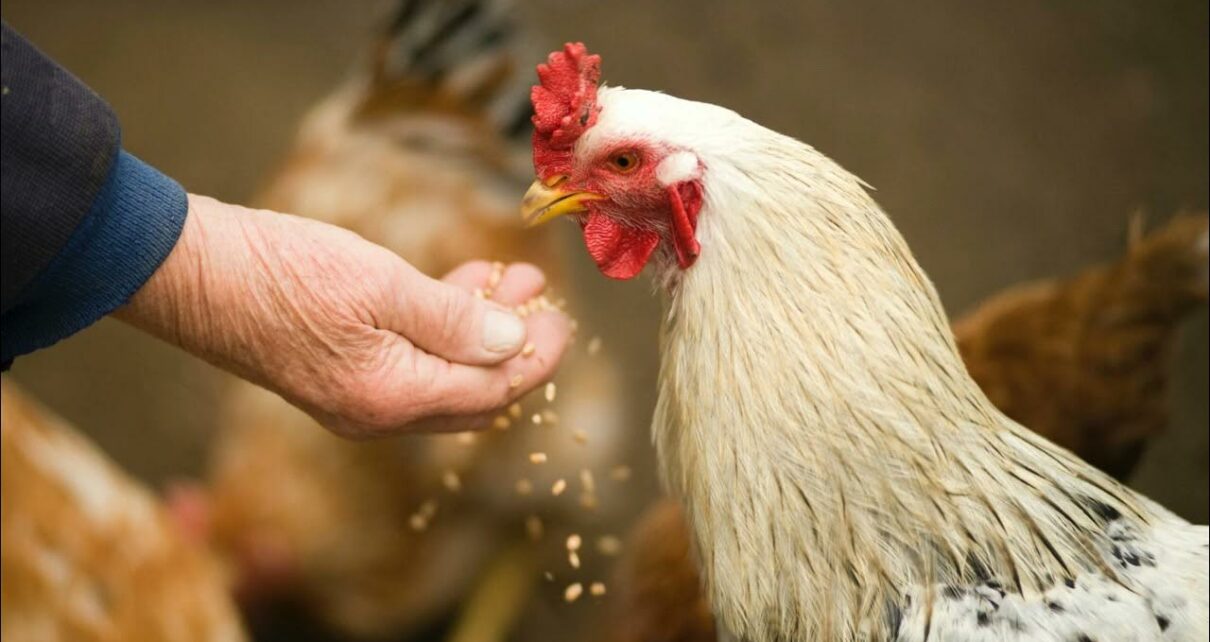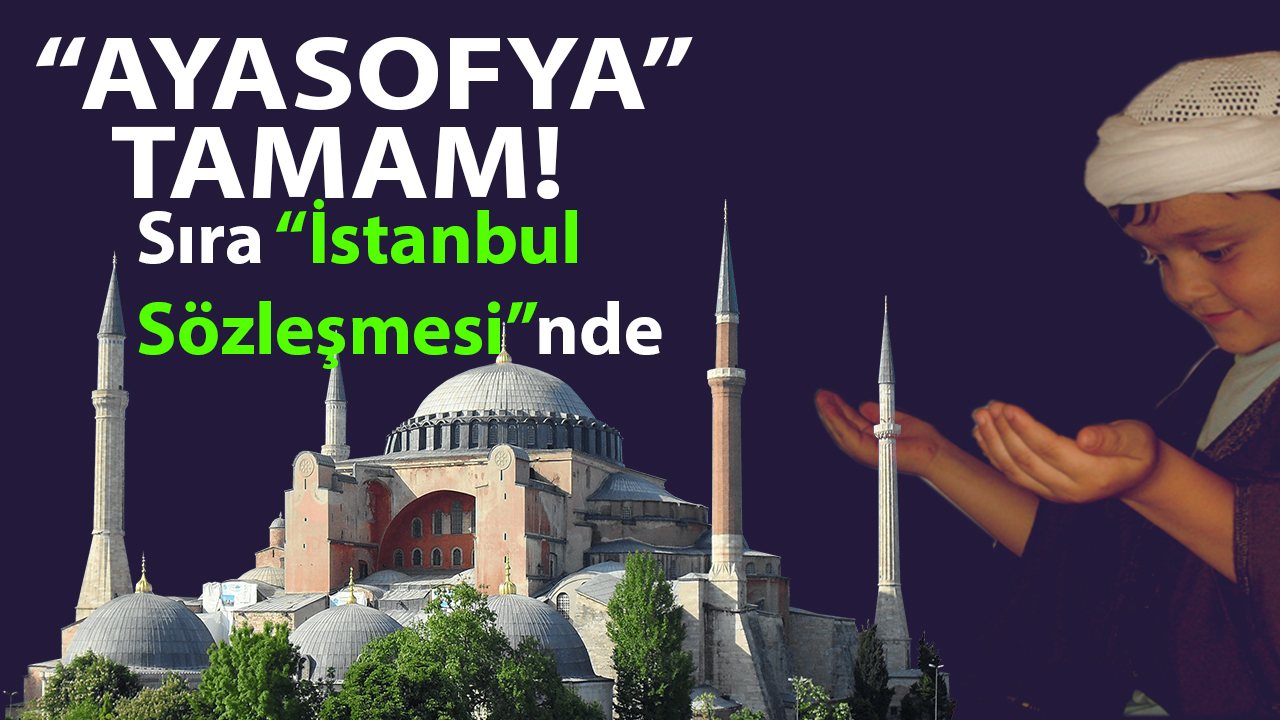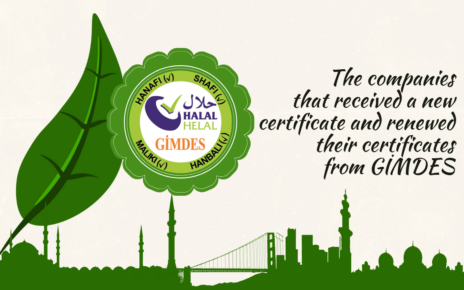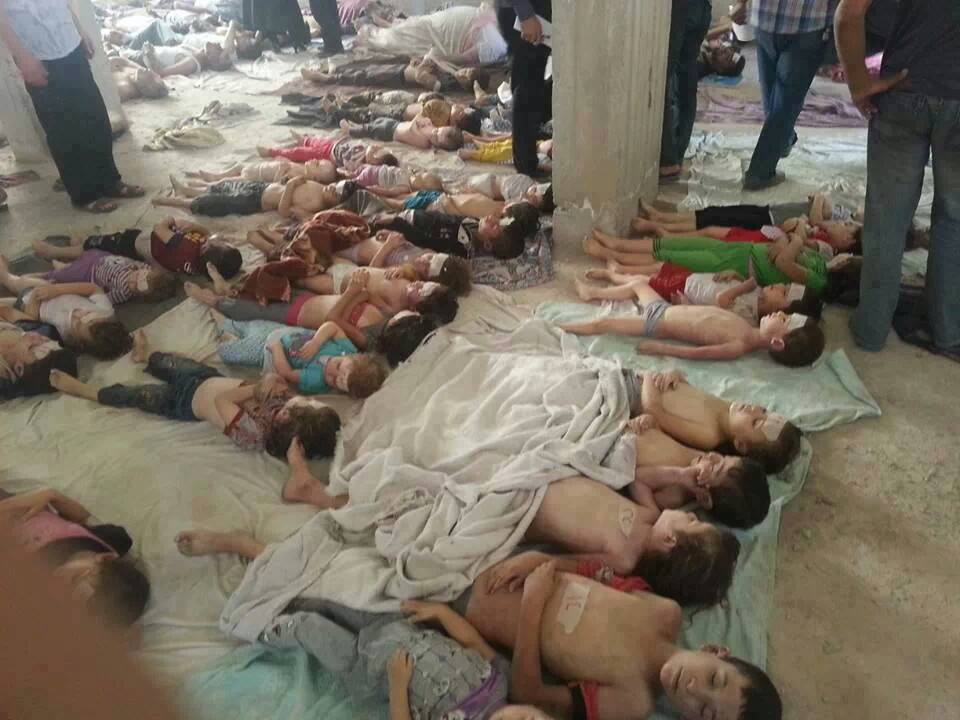Fatih KALENDER- GIMDES Fiqh Board Member
In his holy book Quran, which he sent as a guide to humanity; “O humanity! Eat from what is lawful and good on the earth and do not follow Satan’s footsteps. He is truly your sworn enemy”1 We praise Allah who says those words, “A man who has made an expedition in the way of Allah, his head covered with dust, stretches out his hands to the heavens and says, “O Lord, o Lord!” he is begging. However, what he eats is haram, what he drinks is haram, what he wears is haram, and his food is haram. How can such a person’s prayer be accepted.”2 We send salât and salam to our prophet ﷺ who has commanded.
Our almighty book has generally stated that the blessings of the earth were created for the benefit of mankind and that man should use Jul-al, clean sustenance as he wishes and be grateful for it
In the same way, the fact that being permissible and free is the main rule in benefiting from these blessings has also been expressed by our religion. Unless it is proven that it is haram, the main thing in the goods is cleanliness.
But this is because there is no evidence about the harmfulness of this thing. Because it is mentioned in our fiqh books that when halal and haram meet in a place, haram will be preferred over halal.
All Muslim individuals, both men, and women were held responsible for researching the safety and halalness of meat consumption.
One of the most important issues for a Muslim is undoubtedly halal food. Since we have been asked to research this topic, in this article we will try to study the issues of chicken cutting and with/without water plucking by machine, which is widely discussed, some of them call haram, others call halal, accepting it as a necessity of our century, and to the best of our ability.
Verily success is from Allah.
We will examine our issue in three sections.
* Firstly, how cutting is done by machine nowadays.
* Secondly, how should the slaughter be done according to Islamic fiqh?
* Third, and as a result, the places where machine cutting complies with Islamic fiqh.
CHAPTER ONE
CHICKEN SLAUGHTERING BY MACHINE
It is a fact that animals are slaughtered by machines in many slaughtering households in many countries of the world. The acceleration needed for mass production and cost reduction has been justified for this type of cut. Such a facility makes an average of 9900 chicken cuts per hour. This figure may also vary depending on the size and small size of the facility.
According to our investigations in the facilities we visited and the observations of the researchers investigating this issue, the shape of it is as follows:
Chickens arriving at the slaughtering facility are unloaded from trucks and attached to the handles on the belt in the form upside down, which they call the conveyor system, by their feet. Chickens are transported to the slaughter place by moving on a long line upside down. One meter before the cutting machine, they are introduced into pools of water that have been electrocuted, which they call the electroshock pool. Although it is said that the reason for this is that the animal suffers less during slaughter, when we ask people interested in this profession, we understand that this is not the main reason.
The fact is that a chicken that has been stabbed in the throat begins to flap its wings very strongly. In this case, there are three possibilities in question:
1. His wing may be dislocated.
2. His wing may break.
3. He can break his feet by making fast turns.
When a chicken whose wing or leg is broken enters the feather plucking machine, the wings or legs are shattered while plucking the feathers with the whips rotating at very high speed there. Since those wings and legs become unusable, the casualty rate of the goods increases. If the wing or foot is dislocated without breaking, there is internal bleeding. This causes bruises and rashes on the chicken, which reduces the quality of the product. Since the chicken that is shocked with electricity does not struggle much during slaughter, it does not release much blood, and some of the blood remains inside, which helps the meat to be heavier.
After the shock, the chickens turn around or reach the place to be cut with a straight knife, cutting their throats. After this stage, chickens whose throats are cut are placed in warm waters called feather-softening tanks in the aqueous plucking system. And after waiting there for a while, they get into the feather-plucking machines and pluck their feathers. From there, they move toward the cleaning, shredding, and packaging phases.
One of the techniques used to pluck the feathers of chickens and similar animals more easily is the soaking procedure described above. This is called the watery plucking process, and the one without water is also called the dry plucking process. The preference for the watery plucking process over the dry plucking process is that the chickens whose feathers soften in warm water are easier and faster to pluck. According to the researchers’ statements, while it takes 1.30 (one and a half) hours to pluck 3500 chickens with the wet plucking system, it takes 5.30 (five and a half) hours to pluck the same number of chickens with the dry plucking system.
CHAPTER TWO
HOW TO CUT DONE ACCORDING TO ISLAMIC FIQH?
To understand whether machine slaughtering is correct, first of all, it is necessary to know what the conditions of animal slaughter are according to Islamic law.
Legitimate slaughter is done by cutting the animal’s “hulkum”, that is, trachea, the eating and drinking tube called “meri”, and the two veins called “vedec” between them.7 According to Imam Azam, it is sufficient to cut three of these four things, while according to Imam Abu Yusuf, one of the tracheae, esophagus and one of the two veins should be cut. According to Imam Muhammad, it is necessary to cut most of these four things.
If we consider the issue in detail, there are certain conditions for slaughtering animals according to Islamic fiqh. These conditions are analysed in three parts.
A) THE CONDITIONS REQUESTED IN THE SLAUGHT ANIMAL
B) REQUIREMENTS FOR THE PERSON MAKING THE CUT
C) CONDITIONS FOR THE CUTTING TOOL
A) THE CONDITIONS REQUESTED IN THE SLAUGHT ANIMAL
For the health of the slaughter, there are three conditions for the slaughtered animal.
1. The animal to be slaughtered must be alive at the time of slaughter.
If the animal died on its own, it must be alive at the time of slaughter, since its meat will be haram. However, there are different criteria regarding this vitality in terms of sects. While some of the jurists, including Imam Abu Yusuf and Imam Muhammad, who were the students of Abu Hanifa, stipulate “hayat al-mustaqirrah”, others do not. Namely, the majority of jurists say that the animal must move and bleed during slaughter. Ahmed b. According to Hanbel, it is enough to bleed.
2. The slaughtered animal should only die by slaughter.
In other words, the death of the animal must be as a result of this slaughtering process. This condition is in itself complementary to the above condition. “If the halal and the haram are gathered in one place, the haram is preferred to the halal one.” Since the rule is a rule accepted by the sects in general, there is not much difference in terms of sects about this condition.
3. The animal to be slaughtered must not be a harem animal (game animal living in the harem district).
B) REQUIREMENTS FOR THE PERSON MAKING THE CUT
For the health of the cut, the person who cuts must have the qualifications listed below.
1.The cutter must be smart
2.The situation in which the slaughterer is a Muslim or Ahl as-Sunnah
According to the Shafi school, whether a person who is a Jew or a Christian is considered as People of the Book depends on the fact that their first fathers who converted to that religion after the coming of the religion that abolished that religion were not known.21 The first fathers of a Jewish person were Hz. If he entered this religion, that is, Judaism, after Jesus was sent, this person is not considered a People of the Book. Likewise, the first fathers of a Christian person are Hz. If it is known that he became a Christian after Muhammad Mustafa ﷺ was sent, this person is not considered a People of the Book.
According to the Hanafi sect, the religion of the person at the time of slaughter is taken into account. The situation of their first father is not taken into account. Malikis agree with the Hanafis in this regard. The fact that the cut of the Ahl al-Kitab is halal by Hanafis is only by hearing and witnessing that you cut it in the name of Allah during the slaughter. If the cutting of the pouch has not been seen or heard, the meat cut is eaten by making the conjecture that it is cut in the name of Allah, as is the case with Muslim cutters. However, knowing that the slaughterer is slaughtering in the name of someone other than Allah or not knowing that it has brought tasmia makes that animal haram.24
As there are many details of this subject, there are also many different views of the sects in these details. Since we did not make our article too long and it was not relevant to our subject, we were satisfied with this much.
3.If the slaughterer is slaughtering a game animal, he should not be in ihram.
4.To draw basmala on the slaughtered animal, if the slaughterer remembers and is able to do so.
فَكُلُوا۟ مِمَّا ذُكِرَ ٱسْمُ ٱللَّهِ عَلَيْهِ إِن كُنتُم بِـَٔايَـٰتِهِۦ مُؤْمِنِينَ ١١٨
“Now, if you are believers in His verses, eat of the animals slaughtered with the name of Allah on them.”
وَمَا لَكُمْ أَلَّا تَأْكُلُوا۟ مِمَّا ذُكِرَ ٱسْمُ ٱللَّهِ عَلَيْهِ وَقَدْ فَصَّلَ لَكُم مَّا حَرَّمَ عَلَيْكُمْ إِلَّا مَا ٱضْطُرِرْتُمْ إِلَيْهِ ۗ وَإِنَّ كَثِيرًۭا لَّيُضِلُّونَ بِأَهْوَآئِهِم بِغَيْرِ عِلْمٍ ۗ إِنَّ رَبَّكَ هُوَ أَعْلَمُ بِٱلْمُعْتَدِينَ ١١٩
“What is the reason why you do not eat the animals on which Allah’s name is mentioned, when Allah has explained to you what He has forbidden to you, except for what you have to eat? Indeed, many of them mislead (the people) unknowingly, following their own desires. Surely, your Lord knows very well the transgressors.”
According to those who accept basmala as necessary, there are four conditions for basmala during slaughter:
1- The person who slaughters the animal must recite the basmala himself. Even if someone other than the one who slaughters the animal recites the basmala, if the slaughterer leaves the basmala even though he is not omitter, that slaughtered animal will not be halal.
2- Basmalah must be recited for slaughter. It is not eaten if the animal is slaughtered by a person who slaughters it by saying “Alhamdulillah” to only praise Allah or by saying basmala to start something other than slaughter. Because the basmala was not recited for the slaughter itself.
3- Allah’s name should be said without any other intention, such as for the purpose of prayer.
4- He should recite the basmala for the animal he will slaughter. He should not leave the animal that he recites basmala for and slaughter another one.
Time of Basmalah:
According to Hanafi and Maliki scholars, the time of basmala for slaughter is the moment of slaughter. If the animal is slaughtered after a certain period of time, after reciting the basmala, it is not permissible. However, a delay that cannot be avoided is not problem.
According to the correct opinion in the Hanbali madhab, basmala must be at the moment of moving the hand of the person who slaughters. 33
There is an expression in the annotation of Ibn Abidin, one of the Hanafi books:
If a person lays down two sheep and does the slaughtering at the same time after mentioning the name of Allah, these two sheep will be halal. However, if it is slaughtered one after the other, the first sheep will be halal, the other one is not halal. The repetition of the slaughter generates a reason for repetition of tasmiya (reciting basmala). 34
5- The situation of the person who does not slaughter on anything other than Allah’s name.
6- Slaughter of an animal from the front of its throat.
7- The slaughter’s situation of not raising her hand before finishing his work.
8- Intention of the slaughterer to cut during cutting (tazkiyah).
C)CONDITIONS FOR THE CUTTING TOOL
Any tool that cuts their veins and sheds their blood is sufficient for slaughtering animals.
CHAPTER THREE
WHERE MACHINE CUTTING COMPLIES WITH ISLAMIC LAW
This is a religiously important stage. There is a possibility that the chickens that are electro-shocked may die at this stage. This is because at this stage, the water level of the electroshock pool may completely cover the neck of the chicken. In other words, the chicken going to slaughter is exposed to electric shock for about 15-20 seconds and its contact with the air is cut off. In other words, it becomes breathless. Even if not all of the chickens die at this stage, there may be some of them who die due to their weak constitution. Since these dead ones will not be known at the time of machine slaughter, there is a possibility that they may be mixed with the others.
Our Master, Halil Günenç, who interviewed Muhammad Taqiyy al-Usmani, one of the scholars of Pakistan, told us that he said the following: “I have visited such a facility and observed that many chickens died.
Even if not all of the chickens die at this stage, there may be some that die due to their weak body. Since these deaths cannot be known in machine cutting, there is a possibility of mixing with others. This problem can be overcome if the voltage level is adjusted carefully at this stage and the chickens’ heads are not lost in the water.
We should also mention here that the process is the same until this part in slaughterhouses that slaughter by hand, not by machine. The chickens coming out of the electroshock come to the cutting strip and their heads are cut off.
At this stage, too, there are many problems from a religious point of view. As we mentioned in the second part of our article, the conditions required for permissible slaughtering according to Islam were as follows in the part returning to the slaughterer: The person who slaughters the animal must have the power of reason and appeal, be a Muslim or Ahl al-Bayt, and slaughter the animal in the name of Allah…
Perhaps an interpretation can be made here: the person who presses the first button for the machine to start is a person who is qualified to perform the slaughtering process according to Islam. And it is enough for this person to recite the Bismillah while pressing the button. And the slaughtering by the machine is attributed to this person and the slaughtering is halal…
In our opinion, this and similar comments are not correct. Because from the moment the button is pressed until the end, the machine cuts continuously. The first one to be slaughtered (although I do not personally agree with this) may be attributed to the person who pressed the button, and his basmala is sufficient for the first chicken. However, the subsequent chickens will be slaughtered by the machine, which has no appeal. And the first basmala will not be sufficient for the others. As we have mentioned in the second part of this article, it is necessary to say the ‘basmala’ for each slaughtered animal separately.37 The person standing next to the machine during the slaughter is not allowed to say the ‘basmala’. The necessity for the person who slaughters the animal to say the basmala was also stated in the second part.
The fact that the head of a creature whose head is not fixed in a fixed position, but is in constant motion, can be cut off exactly where it is desired is also a problem here. Because the machine has a blade that continues to rotate around an axis like a rotating hand mill or a grinding machine, and this blade is very sharp even though it is very fast. It instantly cuts the neck of the upside-down chicken along with its veins. Because the blade of this machine is very sharp, it can completely separate the head from the body before the animal is completely dead, which is makrooh, although it is not haram.
It is possible that the animal that passes in front of the knife may move for some reason, even if it is out of the shock pool. In this case, the animal’s throat can be cut in the place where it is permissible, or it can be cut in the place where it is not permissible, such as the head. Unless the exact place of this slaughter is known, there will be doubt. Or some of the slaughtered animals will have this doubt. And by mixing those animals with other slaughtered animals, halal and haram will be mixed, in which case haram is preferred. We have already stated at the beginning of this article that when halal and haram meet in one place, the haram will be preferred over the halal in our fiqh books.40 For this reason, it is necessary to make sure that the veins of all chickens are cut in a correct way.
Another problem in the integrated system is the feather plucking system. We have stated in the first section that one of the techniques used to pluck the feathers of the decapitated chicken easily and quickly is the soaking method. This is called wet plucking and the one without soaking is called dry plucking. In both plucking methods, there are faeces and blood stains on the slaughtered chicken. These must be washed and cleaned with clean water. In the water plucking system, the slaughtered chicken is immersed in hot water together with the dirt in the intestines and stomach and kept here. If this water is boiling water, pores and holes are formed in the meat. These pores allow the dirty water to enter and mix with the meat and the dirt in the intestines and stomach to mix with the meat inside. In this case, the meat becomes inedible. However, if the water in which the chicken is immersed is not boiling water, waiting there for a few minutes does not allow this to happen. In other words, the contaminated water does not mix with the meat, but remains on the surface, and when it is washed with clean water, the dirt on the surface is removed and the meat is cleaned.
In conclusion, we say that there are many religious problems in machine slaughtering. Although some of these problems can be prevented with some measures, we believe that it is not possible to prevent most of them. It is known that machine slaughtering is a new phenomenon brought by our century.
Therefore, it is well known that the classical sources of Islamic law do not contain clear statements on this subject. Its ruling can be deduced from the Qur’an, the Sunnah, and the main lines and principles of Islamic fiqh derived from the ancient works on Islamic fiqh. Therefore, there may be different opinions on this issue. While we respect other opinions, we have presented in this article some reasons why this system is not correct in our opinion.
It should be remembered how important halal food is for a Muslim. It is also known that it has an effect on other acts of worship. As is well known, man is fed from the stomach. And the other parts of the human being also get their nourishment from the food that comes into this stomach. If the food in the stomach is haram, the eye, which is fed from there, will undoubtedly enjoy looking at the haram and will not enjoy looking at the halal. Likewise, the hand, foot, and ear, which are fed with haram, will want to be busy with haram affairs, and the halal occupation will be too heavy for them. Because his nourishment has been haram. As a result, the hand, foot, eye, ear, and other limbs will be deprived of the pleasure of worship. And the person who is deprived of the pleasure of worship will, of course, perform worship not with the love of worship, but without a soul, as if it were a duty to be done. As a manifestation of this, as our Prophet ﷺ said: “A person cries out, “O Lord, O Lord! However, what he eats is forbidden, what he drinks is forbidden, what he wears is forbidden, his food is forbidden. How can the prayer of such a person be accepted? “41 According to the hadith, their prayers will not be accepted. As a matter of fact, isn’t this the biggest disease of our century? Despite all the prayers we make, Muslims cannot get out of trouble and the society is going towards deterioration day by day. And we cut the bill for this to someone, including myself. However, there is an issue we are missing. Society consists of individuals. The deterioration of individuals is the deterioration of society. The improvement of individuals is the improvement of society. And we are a member of these individuals.
What can I do on my own, what can I do alone, this work has spread, saying that we are not in a personal endeavour, of course, is of course, to grease the bread of the devil and the devil-minded people. May Allah ﷻ enable us to know the truth as the truth and to be subject to it, and to know the falsehood as falsehood and to avoid it. May He protect us from deviating from the Ahl’i Sunnah line. May Allah give Ikhlas to our brothers and sisters who are striving for this halal food, increase their numbers and make their deeds effective, and protect them and us from running after the world and worldly blessings. May Allah enable us to show the sensitivity we should have in this matter. Ameen.
With my heartfelt respect…





